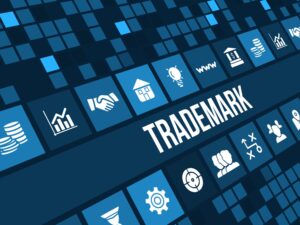Introduction
In today’s global marketplace, businesses face numerous challenges when it comes to protecting their trademarks on an international scale. Trademark infringement litigation is an option when a person or business is infringing your trademark rights in another country. These cases involving international dimensions can be complex, encompassing jurisdictional issues, cross-border enforcement, and a secondary layer of practical considerations. In this blog post, we will explore these key considerations and challenges involved in litigating trademark infringement cases with an international scope.
Factors to Consider
Jurisdiction. What are the possible jurisdictions and what is best for your case? Factors to consider include where the alleged infringement occurred, where the trademark is registered or recognized, and which forum has the most favorable law and available remedies.
Global or cross-border enforcement. Enforcement can present challenges if not considered ahead of time. It’s important to understand how international agreements like the Madrid Protocol (which allows for the international registration of trademarks) or the Agreement on Trade-Related Aspects of Intellectual Property Rights (TRIPS) or the laws of the relevant jurisdictions will apply. It’s also important to have a handle on the available local enforcement mechanisms – will they allow for seizures or attachments of property? Injunctive relief? Is there protection from fraudulent transfers? All of these are important considerations because there’s nothing worse than winning an infringement case and not being able to enforce your judgment.
And, general practical considerations. International litigation always involves a secondary layer of complexities, which can be alleviated by engaging local counsel with knowledge of their civil procedure and court norms. There are typically additional costs as well, which can include admission fees, translation fees, and travel costs if proceedings are customarily done in person.
Conclusion
Trademark infringement litigation with international dimensions presents unique challenges. By navigating these complexities effectively, trademark owners can safeguard their rights and maintain a strong brand presence in the international marketplace. Consulting with experienced intellectual property attorneys specializing in international trademark law can provide valuable guidance throughout the process.

























